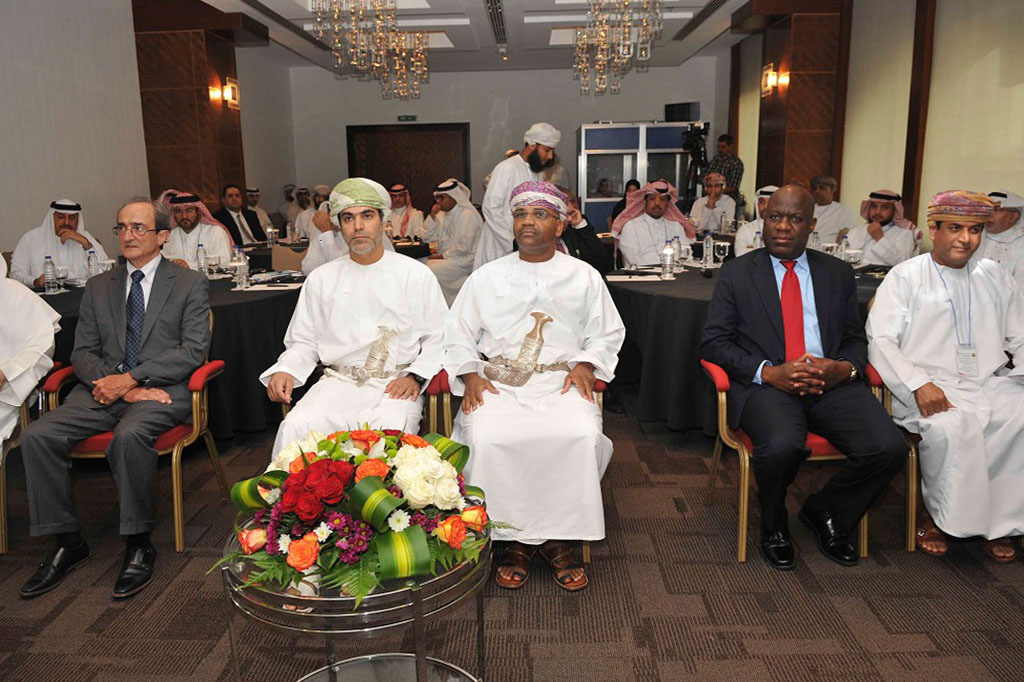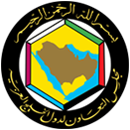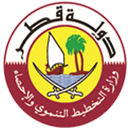
GCC-STAT holds workshop on macroeconomic statistics Interlinkages
The Gulf Cooperation Council Statistical Center (GCC-STAT) launched yesterday (on Tuesday, March 17, 2015) the three-day workshop on macroeconomic statistics Interlinkages in GCC countries organized by GCC-STAT in collaboration with the International Monetary Fund.
The workshop brings together the key stakeholders from national statistics offices, central banks and ministries of finance responsible for compiling macroeconomic statistics in the GCC to meet the needs of national and regional policymakers.
The opening ceremony was held under the patronage of HE Talal bin Sulaiman Al Rahbi, Deputy Secretary General of the Supreme Council for Planning with the presence of HE Sabir Al Harbi, Director General of GCC-STAT and Thomas Alexander Senior Economist at International Monetary Fund.
Delivering the opening remarks, HE Sabir Al Harbi, Director General of the GCC-STAT, said, “The macroeconomic calculations workshop is considered the flagship of the works of GCC-STAT of this year.”
HE Sabir Al Harbi also pointed that governments of the member countries realized the importance of statistics and their role in drawing public policies and putting the future plans supporting the development. They were committed to keep statistical works in the GCC aligned with what has been achieved in this field globally. Since its launch and with the support of all the GCC States, the GCC-STAT undertook the responsibility of establishing an effective comprehensive system in GCC countries with the purpose of creating a quantum leap in the statistical system. Therefore, the center carried out a wide survey on the statistical situation in GCC countries for determining the challenges and available opportunities, and for proposing the roadmap and documenting the official statistics at the countries in order to be a reference for the contents of databases in addition to producing a long-term strategy and yearly work plans.
“The survey contributed in drawing a comprehensive roadmap for statistical development in member countries for the period of 2015-2020 that has been officially approved by GCC-STAT Board last month which is expected to eventually achieve many strategic objectives including the gradual expansion in terms of the range and the type of the available data on GCC countries locally and regionally, enhancing the quality of statistical data through developing quality related frameworks and practices across all the fields and stages of statistical works in the region,” HE Sabri added.
“We will work on brining the current gap down in the GCC-STAT’s data through intensified preparation for executing a number of joint statistical surveys that will be completely coordinated with the member countries and they will include the economic survey, manpower survey, energy consumption survey, foreign investment statistics survey, family expenditure & income survey in addition to surveys related to development in addition to the harmonized population census that is based on administrative registers in the year 2020. These surveys will provide integrated statistics on GCC countries,” he said.
Briefing the efforts done by the GCC-STAT, HE Harbi said that the center undertook 16 initiatives for member countries which were carried out by the center’s experts over a period of 130 days. GCC-STAT carried out 11 technical activities that included symposiums, workshops and training courses for the purpose of capacity building which witnessed a positive response from participants and were attended by around 300 employees from the six member countries.
Ahmed bin Fadhil Al-Fareed, Director of Economic Statistics at GCC-STAT, said, “It has been recognized that the strength of economy is in the precise and interrelated statistical data it has that allow and assist on planning & policy making through analyzing the macroeconomic situation and the impact of economic policies on the basic deliverables such as the gross domestic product, unemployment, and inflation.”
The first session of the workshop in the first day shed light on the system of macroeconomic calculations system while the second session focused on the sector territories and classifications.
















